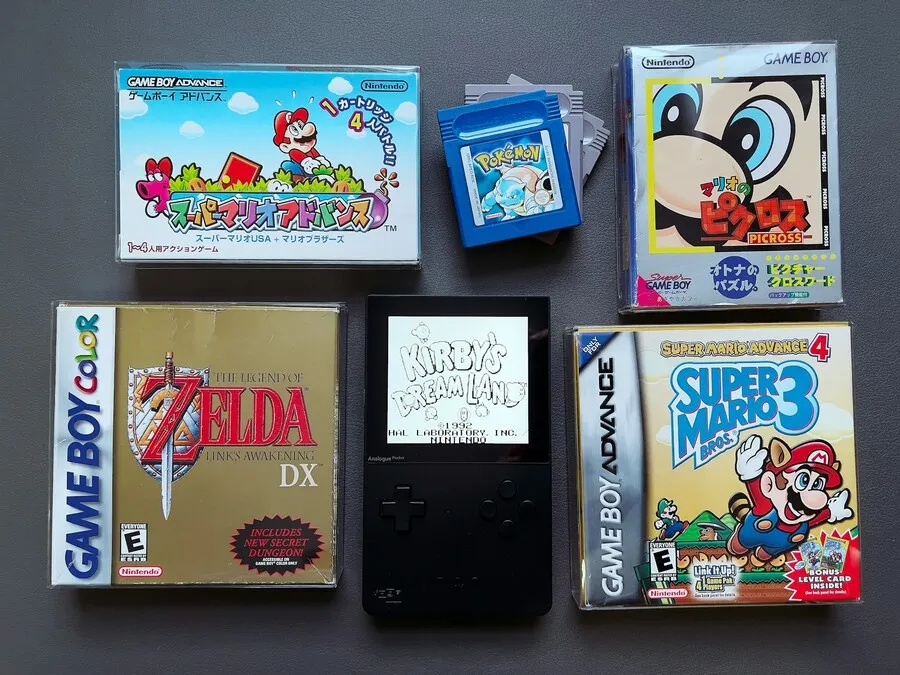A game server or a host is a server that is a good source of events in popular multiplayer video games. Actually, the server sends enough data regarding the internal state in order to let its logged in clients sustain the right version of the game for the players. Aside from this, game servers get and process the input of each player. Let’s know about different types of these servers.
Dedicated server
As the name suggests, dedicated servers tend to trigger game worlds and don’t support direct outputs or inputs. However, they do support the required input and output for required administration. Moreover, the players have to login to the server with different client apps to play the game.
The biggest benefit of dedicated servers is that they are suitable for hosting in high-end data centers. Aside from this, these servers offer lots of performance and reliability benefits. Remote hosting also gets rid of the low-latency benefits the low-latency benefit that would be held by a player that logs into the server through the local network or same machine.
But the problem is that dedicated servers cost a great deal of money to operate. At times, the developers of the game bear the costs. In some cases, the cost is born by clan groups. No matter what the case is, the public depends upon third parties. For this reason, the majority of games that make use of dedicated servers also offer listen server support.
Listen server
The process of listen servers is the same as a game client. In other words, they act like dedicated servers. However, the difference is that they have to “talk to” the remote players through the residential internet of the hosting game player. The problem is that not all residential internet connections are fast enough to support the game’s upload requirements, especially if the game is a very popular one. Normally, the limit is 16 players. Another problem is that the performance also goes down due to too much load on the server, as the server also has to generate an output image.
Peer-to-Peer
In the peer-to-peer model, you have no server. Instead, each “peer” gets the input streams of every player and decides on the results itself. Generally, peer-to-peer is considered outdated for today’s action games. However, peer-to-peer servers is a good choice for real-time strategy games because of its suitability for video games with tons of tokens and fewer players. Rather than sending the positions of thousands of troops, what happens is that the game sends one transmission that a thousand soldiers have been chosen.
The disadvantage of these servers is that you will find it hard to synchronize all peers. With time, small differences between the peers may get worse. Moreover, it is hard to support fresh players during the game.
So, this was a description of different types of game servers. Hopefully, you will be able to connect to the right server now and you will be able to enjoy your favorite games without any problem.
Source by Shalini Madhav












